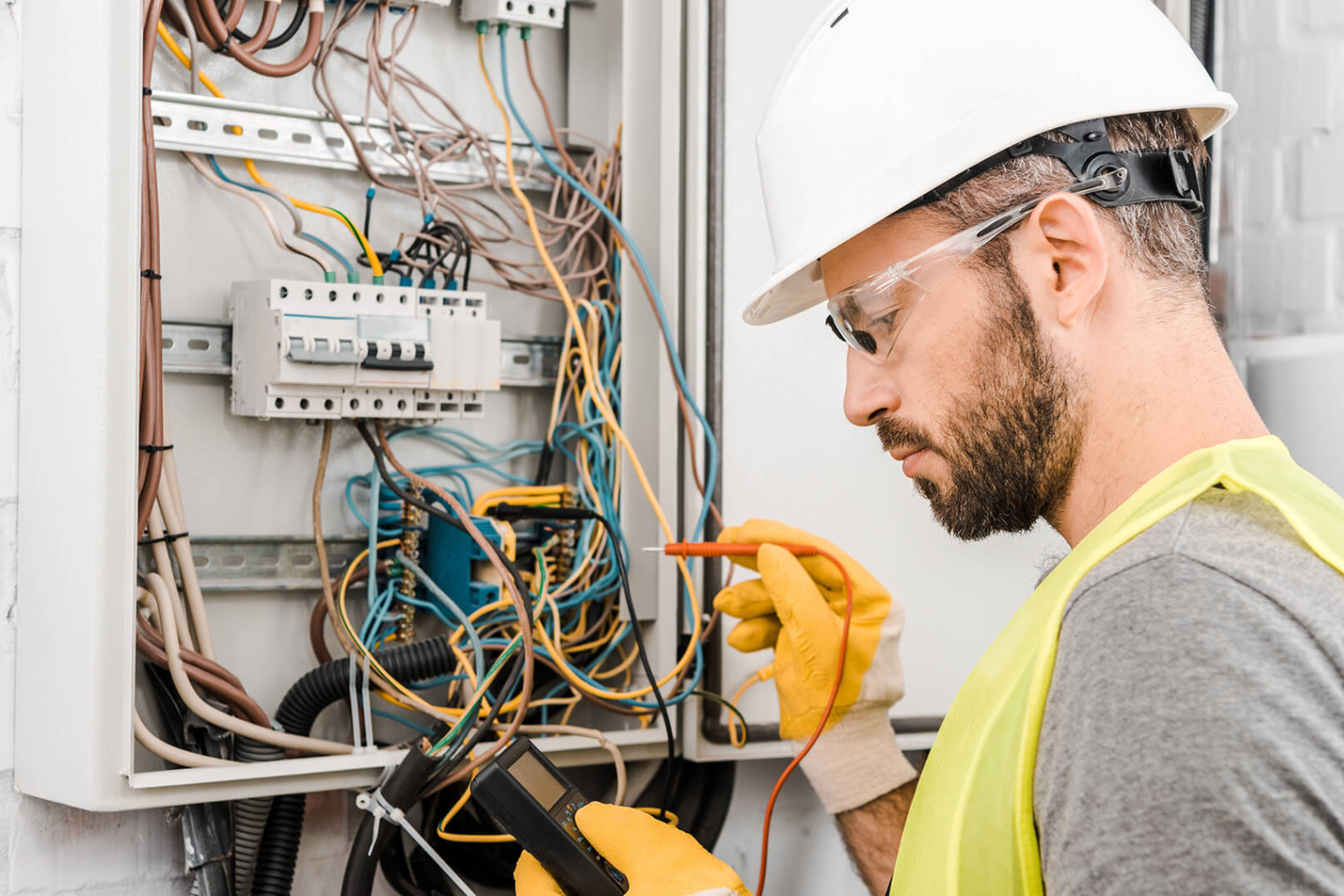Let’s be honest—when was the last time you thought about electricity? Not just when the lights turned on, but how they turn on. Probably not recently. We flip a switch, the room lights up, and that’s that. Until, of course, it doesn’t. And in that instant—when the power’s out or something’s sparking behind the wall—electricity becomes your top priority.
And the person you’re calling? Not your uncle with a toolbox. Not a YouTube tutorial. You’re calling a professional. A real-deal electrician who actually knows what they’re doing.
The Everyday Magic of Electricity (That Isn’t Actually Magic)
Electricity powers just about everything we do—our homes, our offices, our phones, our coffee makers, our refrigerators, and that one gadget we don’t even know the name of but use daily. It’s all silently doing its job, thanks to miles of wiring hidden inside our walls.
It’s easy to take that for granted. But the truth is, none of it happens by accident. Every socket, every panel, every circuit in your home or business was carefully planned, installed, and tested—likely by one of the thousands of skilled electricians working behind the scenes to keep the world running.
They don’t wear capes, but maybe they should.
What Electricians Actually Do (Hint: It’s More Than You Think)
Sure, they can fix a broken outlet or hang a new chandelier. But electricians do so much more than patching problems. They’re part engineer, part safety officer, part problem-solver.
They design electrical systems from the ground up. Install wiring in new homes and commercial buildings. Troubleshoot overloaded circuits. Upgrade aging panels. Handle fire alarms, backup generators, and smart home systems. And they do it all while following ever-changing local codes, national safety standards, and with the kind of precision that leaves zero room for mistakes.
Because one misstep? That’s not just a flickering light—it’s a potential fire.
The Two Flavors: Residential and Commercial
You’ve probably heard the terms thrown around, but here’s the breakdown.
Residential electricians are the ones who work on homes. They know how to deal with everything from simple light switches to full-house rewiring projects. They’re familiar with your kitchen circuits, bathroom GFCIs, and that weird hum your breaker box sometimes makes at night.
Commercial electricians, on the other hand, deal with the big stuff. Office buildings. Shopping centers. Schools. Warehouses. They work with higher voltages, more complex systems, and a whole different set of regulations. It’s like comparing a chef who runs a food truck to one who runs a banquet hall—both skilled, both necessary, just operating on different scales.
Regardless of the setting, a licensed electrician brings the same fundamentals to the table: precision, problem-solving, and a commitment to safety.
Why Hiring a Pro Matters (Spoiler: It’s Not Just About Getting the Job Done)
There’s a reason electricians go through years of training, apprenticeships, and licensing exams. Electricity is no joke. One wrong connection can fry a system, ruin expensive electronics, or cause a dangerous arc fault. It’s not just about flipping switches—it’s about understanding the science behind how energy moves, and how to harness it safely.
A good electrician knows how to do the job right, but more importantly, how to spot problems before they become disasters. That outlet that “works fine” but feels hot to the touch? That could be a future fire hazard. That panel that hasn’t been inspected in 20 years? It might be overloaded and ready to fail.
Hiring a pro means investing in peace of mind. You’re not just getting a service—you’re protecting your home, your loved ones, and your investment.
When Should You Call an Electrician?
A lot of people wait until something goes seriously wrong before picking up the phone. But truthfully, electricians should be part of your team much earlier—especially if you’re remodeling, adding a new appliance, or upgrading your tech.
Here are some common signs it’s time to call a professional:
- Your lights dim or flicker regularly
- Outlets feel warm or look discolored
- You’re constantly resetting breakers
- You still have a fuse box instead of a breaker panel
- There’s a burning smell coming from an outlet or panel
- You need new lighting installed or want to add smart features
- You’re buying an older home and want a safety inspection
Honestly? If your gut says “something doesn’t feel right,” it probably isn’t. Call a pro and get it checked out.
Electricians: More Human Than You’d Think
There’s a weird stereotype that electricians are just silent tradespeople who grunt, fix stuff, and leave. That couldn’t be further from the truth. The best electricians are also great communicators. They walk you through the problem, explain your options, and never pressure you into stuff you don’t need.
They’re your partner in powering your space. And if you find a good one? Hang onto them. A trusted electrician is worth their weight in gold.
Final Thoughts: The Power Behind the Power
Electricity is one of those things we depend on but rarely see. And that’s the point—it’s designed to work invisibly, seamlessly, reliably. But none of that happens without someone behind the scenes making it all function.
That someone? It’s the electricians who climb ladders, fish wires through walls, read panels like road maps, and somehow stay calm while fixing things that could electrocute the rest of us.
They don’t just keep the lights on—they keep life moving. So next time you plug something in, maybe take a second to appreciate the skill and care that went into making that moment possible.

